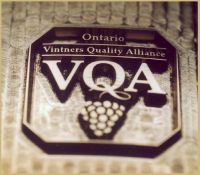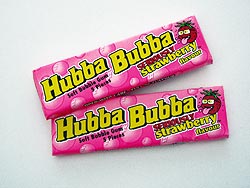 Buddhist monks aren’t usually a good source of alcohol, so I smelled trouble when my Zen Master handed me a bottle of icewine after last Saturday’s meditation class. “A Korean parishioner gave me four bottles,” he said, “So take one or else the Abbot will drink it all. She’s already finished off the first.” I looked across at the Abbot, a nun in her mid-40s. She grimaced as I put the wine in my backpack. I’m glad to know I’m not the only meditator who regularly abuses his vow to abstain from intoxicants.
Buddhist monks aren’t usually a good source of alcohol, so I smelled trouble when my Zen Master handed me a bottle of icewine after last Saturday’s meditation class. “A Korean parishioner gave me four bottles,” he said, “So take one or else the Abbot will drink it all. She’s already finished off the first.” I looked across at the Abbot, a nun in her mid-40s. She grimaced as I put the wine in my backpack. I’m glad to know I’m not the only meditator who regularly abuses his vow to abstain from intoxicants.
When I got home, I realized that this was not your typical icewine. First of all, there was no winery mentioned on the label – just the words “Riesling ICE Wine”. Secondly, the alcohol was listed at 14.5 percent, which is high for icewine (which usually weighs in around 10 percent). Lastly, there was no imprint of the VQA.
The VQA or Vitners Quality Alliance is a creature of law – a not-for-profit corporation established by the Vintners Quality Alliance Act , S.O. 1999, c. 3. Its job is to maintain the integrity of Ontario’s fine wine industry. Any wine stamped with the “VQA” is made from 100 percent fresh Ontario grapes, is accurately labelled and has passed an expert taste panel.
The VQA is not a guarantee of good wine – their “expert panel” has forgiving standards. But their assurance is still important, because as a reader mentioned in one of my recent posts, most “Ontario wine” is not made from Ontario grapes at all, but rather imported grapes or grape concentrate that is bottled by local wineries. These are mass produced wines that are incapable of expressing the contours of the land and weather. At best they are a beverage, and at worst they are a coughing fit. You can easily identify these “wines from concentrate” because they lack the VQA symbol.

What about my ICE Wine? It is a bad fraud – one of those imposters that have been flooding the market, partially in response to the tremendous appetite in Asia for trophy wine. The nose reeks of sour apple and hamster shavings. On the palate, I wince from the biting acidity, but also from cloying sweetness, which strikes me as somewhere in between a double-double and a Hubba-Bubba. The syrupy finish lingers only long enough to segue into a headache from all the sugar.
I guess this is my karma for stealing wine from a nun.
Matthew Sullivan is a lawyer with the Department of Justice in Toronto. He writes a weekly blog entry here on lawandstyle.ca. The Short Cellar column appears in the print edition of Precedent. Matthew can be reached at matthew@lawandstyle.beta-site.ca

